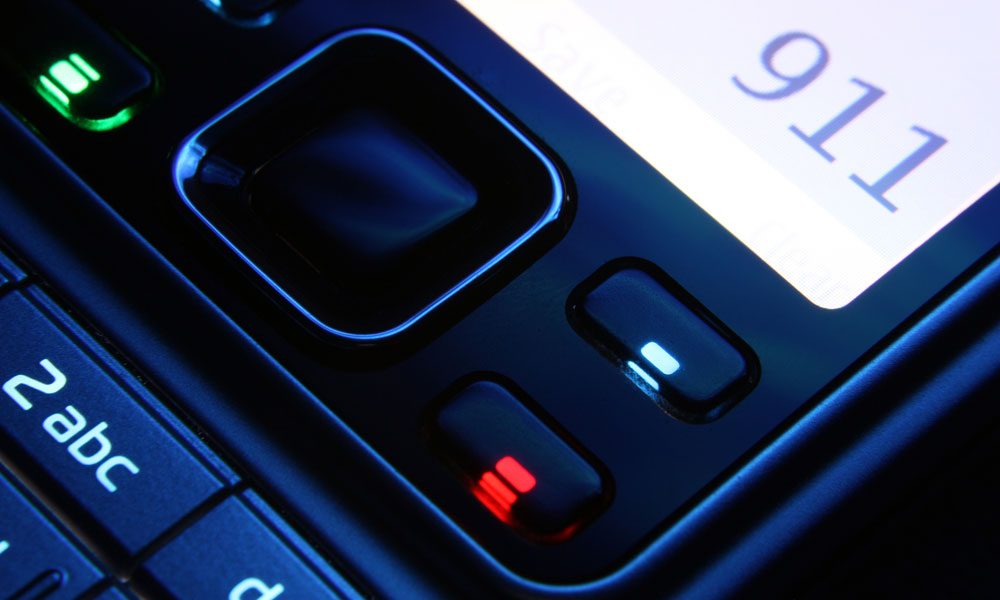
Lack of Location Data Puts 911 Cell Callers at Risk, Group Says
After discovering a large percentage of 911 calls made in California are failing to deliver location data, the state’s chapter of the National Emergency Number Association is asking the FCC to strengthen its emergency call requirements for wireless carriers.
A disconcerting number of wireless 911 calls made in California are not registering callers’ locations, according to the state’s chapter of the National Emergency Number Association (CalNENA).
A recent report conducted by the association found that more than half of emergency calls made statewide in March 2013 did not register the callers’ geographical information.
The FCC should take immediate action on existing rule compliance and require the wireless carriers to provide location data with all 911 calls in all environments, indoors and outside, urban and rural.
To help emergency dispatchers better locate callers who may be confused, lost, unconscious, or unable to communicate, CalNENA is asking the Federal Communications Commission to strengthen its requirements that wireless carriers provide geographical information with mobile emergency calls.
“When 911 dispatchers can’t find callers in crisis, lives are at risk,” Danita Crombach, CalNENA president and communications manager for the Ventura County Sheriff’s Office, said in a statement. “The FCC should take immediate action on existing rule compliance and require the wireless carriers to provide location data with all 911 calls in all environments, indoors and outside, urban and rural.”
The FCC currently has a rule that encourages wireless carriers to forward estimated locations of outdoor emergency calls to dispatchers, The Hill reported. If a call fails to register location data, the FCC requires the carrier to identify the cell tower to which the caller’s phone is connected.
But CalNENA says the cell tower’s location isn’t specific enough. “For emergency responders, cell site location alone is generally of little value in finding the victim or 911 caller, since the geographic area served by a cell site is so large,” Crombach wrote in a letter to the FCC.
Roughly 70 percent of 911 calls are placed using wireless phones, according to the FCC.
“This is a serious public safety concern and a significant stress on our public safety assets, both the dispatchers and first responders who have to spend considerable time obtaining the location of wireless 911 callers,” Crombach wrote.
(iStockphoto/Thinkstock)






Comments